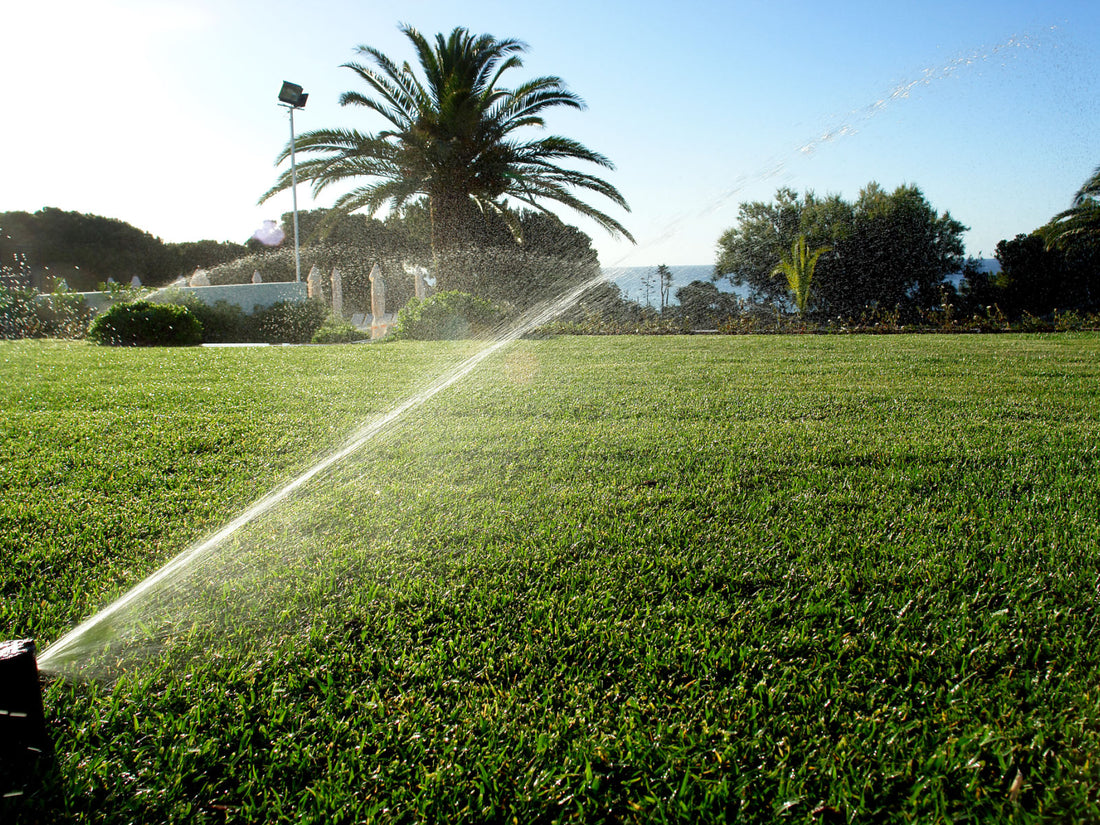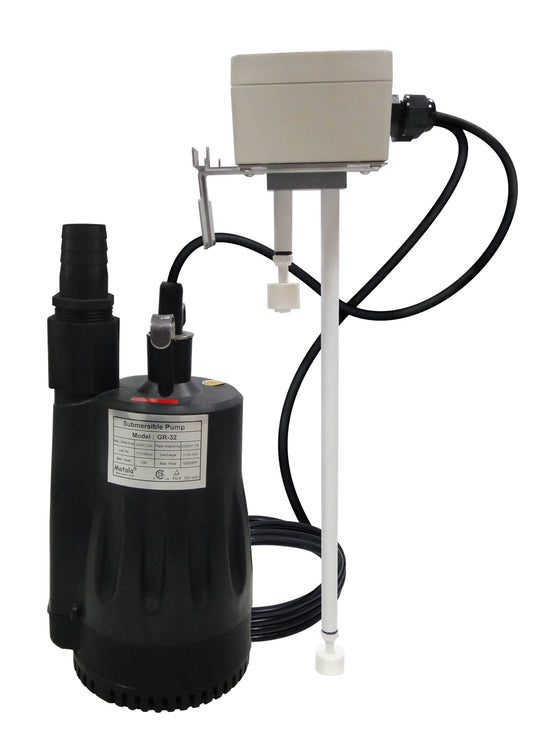
Black Water: What is it?
Mason LogueHint: it’s not the Doobie Brothers song. Greywater systems in residential homes require only grey – not black – wastewater. If you’re a do-it-yourselfer, make sure you plan accordingly, otherwise you may make a big – and potentially health-threatening – mistake.
Greywater Systems in Residential Homes
Aqua2use greywater systems for residential homes use wastewater from your washing machine, shower and bath. The soapy residual in the draining water makes the water appear grey, but once filtered through our system it appears clear – just like regular drinking water. Although the water appears safe to drink, it is not. It is recommended that humans and animals do not ingest greywater. Aqua2use greywater systems in residential homes produce filtered water that still contains a small amount of soap.
Although drinking the still-soapy filtered water could cause illness in humans and pets, it’s great for plants. Aqua2use greywater systems in residential homes are designed to provide the enthusiastic home gardener with a means to provide extra nutrients to the garden through the use of a drip irrigation hose hooked up directly to the greywater system.
Because the filtered water is not suitable for drinking, gardeners are not advised to irrigate vegetable gardens with filtered water from greywater systems for residential homes.
Black Water: Yuck
Wastewater from toilets, dishwashers or kitchen sinks contains far too many dangerous bacteria for use in greywater systems for residential homes. Commonly referred to as sewage, black water contains dangerous, sickness-inducing bacteria as well as rotted food particles and pathogens. Consuming black water could easily cause severe illness, or even death. As a result, the Water Wise Group recommends hiring a professional for proper installation.
Nevertheless, recycling black water is possible, although difficult and expensive. Homeowners or landlords considering installing the Aqua2use greywater systems for residential homes must be sure that only wastewater from clothes washers, bathtubs and showers are used. Black water recycling systems – when compared to Aqua2use greywater systems in residential homes – are costly and difficult to purchase, install and maintain.
The Benefits of Recycling Water
The benefits of recycling water for reuse in the home are numerous and important. First, if your home has a septic system, then diverting grey wastewater from your washing machine, bathtub and sink will prolong the life of your septic system, a notoriously expensive and difficult home repair.
Secondly, filtered water from Aqua2use greywater systems in residential homes maintains some nutrients that greatly benefit plant life (although it is not suitable for human or animal consumption, as mentioned). This is particularly beneficial if you need to establish a new garden with regular, deep watering but are living under water use restrictions because of a drought.

Thirdly, Aqua2use greywater systems in residential homes conserve water, time and money. No more wasted water, no more big water bills from your sprinkler system running several hours a week, and no more spending hours holding the hose.
Aqua2use Greywater Systems in Residential Homes Are Easily Maintained
Sure, you’re thinking, “But I don’t have the time to maintain another piece of lawn equipment.” Luckily, nothing could be further from the truth. The interior of the Aqua2use greywater system contains a series of filters through which water passes. Simply replace the filter approximately every six months to keep your Aqua2use system running smoothly.
Although installing Aqua2use greywater systems in residential homes is a fairly simple process, many homeowners opt to hire a professional installer for best results. Of course, make sure your installer understands that only wastewater from the clothes washer, bathtub and shower should be used for safety precautions.
Then, simply hook up a drip irrigation hose from the unit – they’re small and unobtrusive – and snake the hose under the mulch near your plants. Water will drip slowly through the hose, feeding the plant with filtered, nutritious water from your home.







